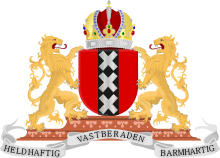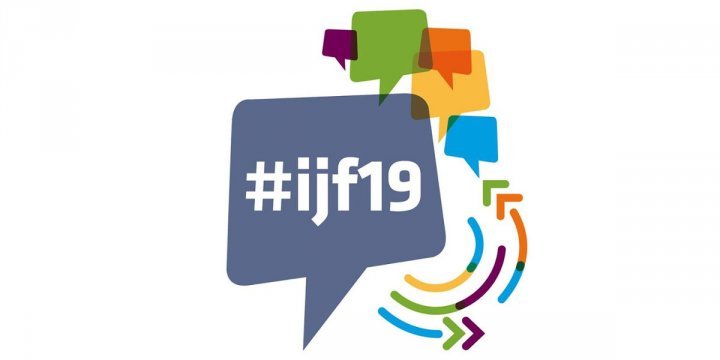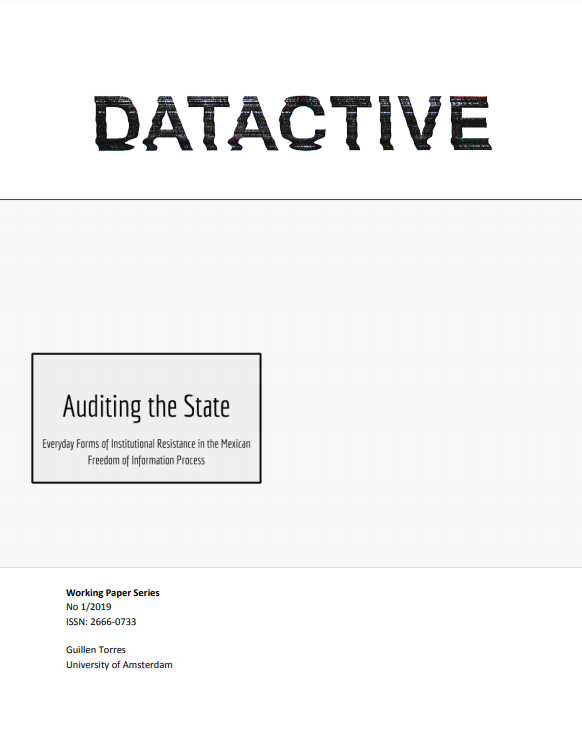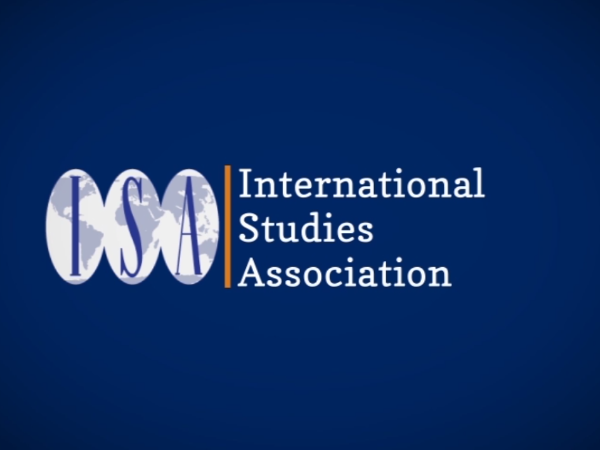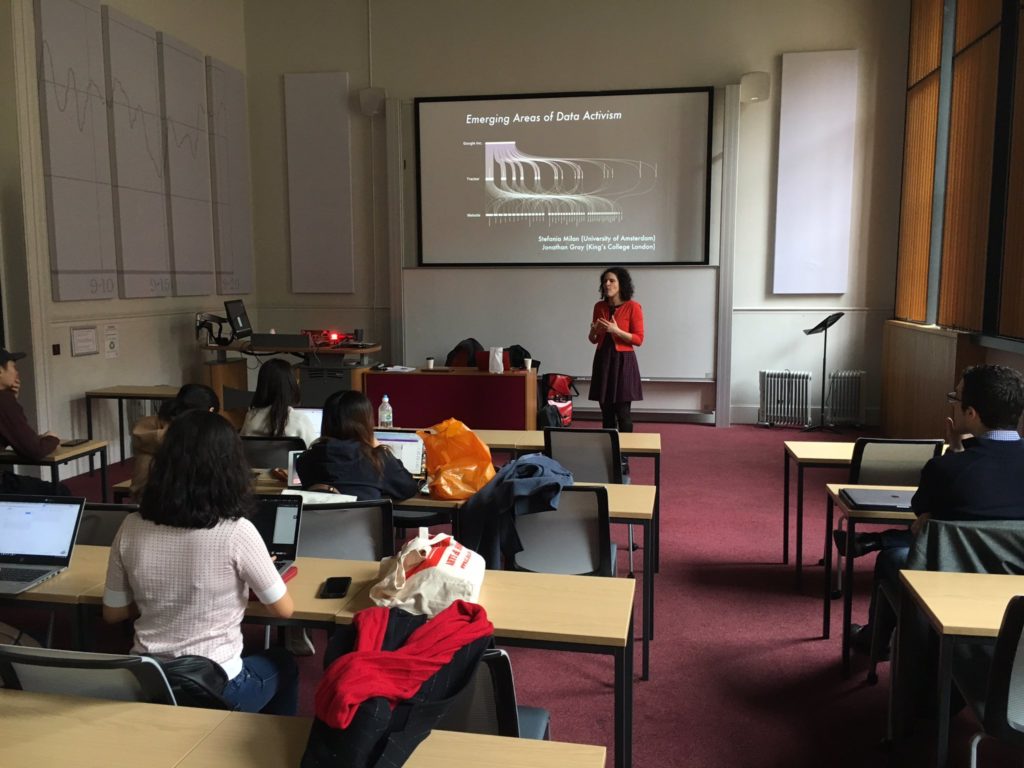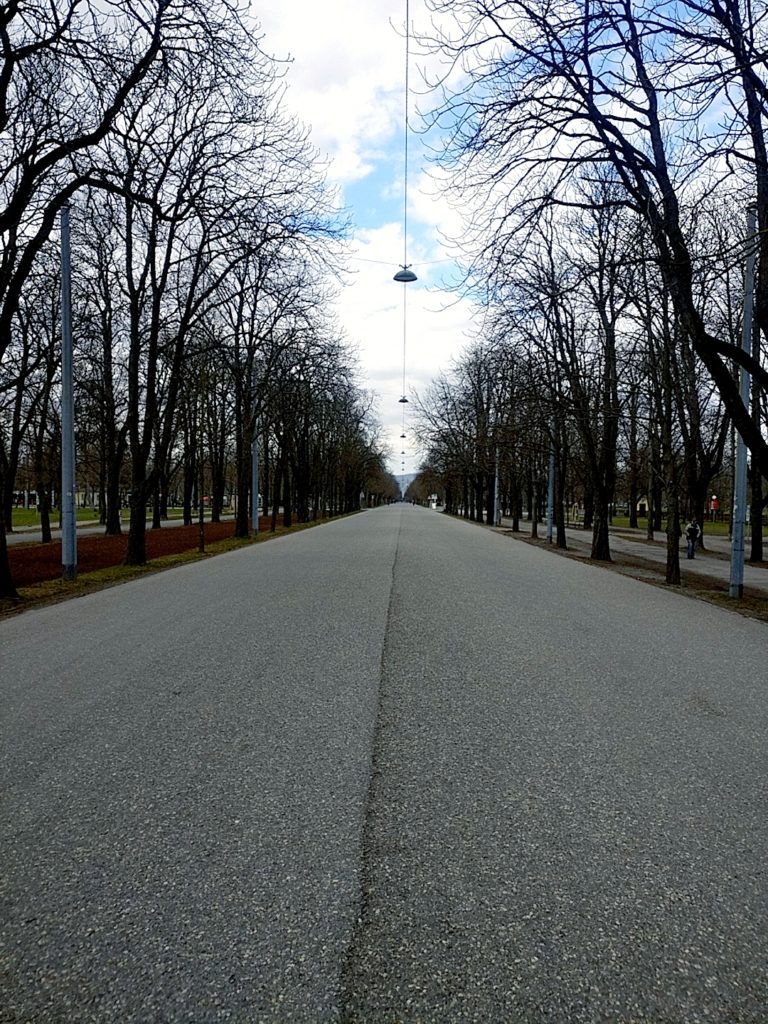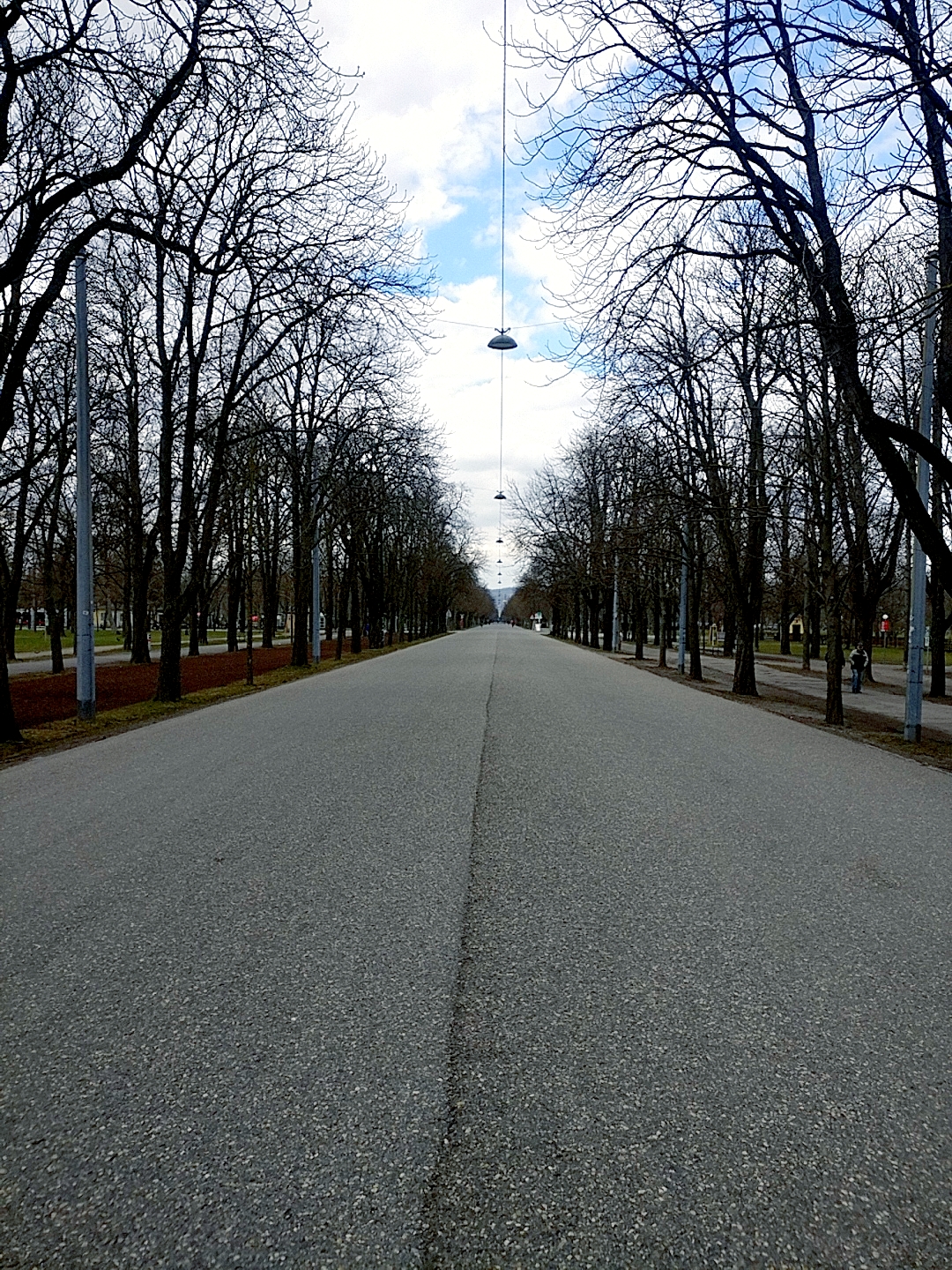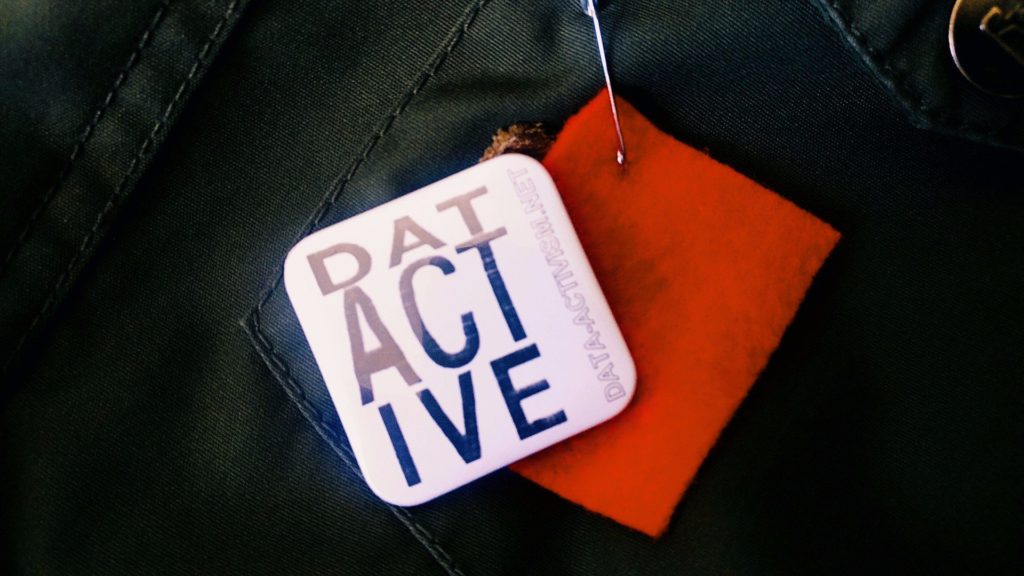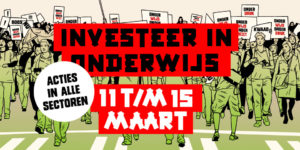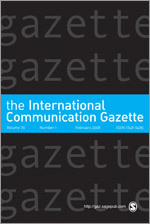The municipality of Amsterdam published its Digital Agenda in which it presents its ambitions to become a free, inclusive, and creative digital city. Amsterdam is grounding its ambitions on the early experiences with networking technology in the Netherlands, after which the agenda was called: The Digital City (De Digitale Stad). At DATACTIVE Niels ten Oever thoroughly analyzed the agenda and commend the city for its ambition to base the digital city of the future on digital rights. The approach of the city is anchored in concepts such as privacy, inclusivity, transparency, sovereignty, autonomy, universal access, transparency, openness, participation, and security, which are to be developed in a ‘Cities Coalition for Digital Rights’, and through interviews and cocreation sessions.
While the ambition is very laudable, the agenda has little to no references to existing legal, ethical, or technical standards on which this work can build. This could lead to a duplication of efforts, and a repetition of (expensive) mistakes that have already been made. This is why Jeroen de Vos represented DATACTIVE at the meeting of the Amsterdam Municipal Commission on Art, Diversity, and Democratization and offered suggestions that could assist the successful design, implementation, and evaluation of the Digital Agenda. The full text of the contribution can be read underneath (in Dutch). In the contribution DATACTIVE reiterates the importance of human rights in general and the United Nations Guiding Principles for Business and Human Rights, the international standards for state and corporate accountability in specific, in the implementation of technical infrastructures.
We hope and trust that our analysis of the report, which we shared with the municipality, will be our first contribution to the construction of a public information infrastructure in Amsterdam.
The original text of the oral contribution as read by Jeroen de Vos:
Geachte leden van de Raadscommissie Kunst Diversiteit en Democratisering,
Ik spreek hier namens DATACTIVE, een onderzoeksgroep aan de universiteit van Amsterdam die de sociale en democratische consequenties van datastromen onderzoekt. Wij namen dan ook met grote waardering kennis van de ambitie van de gemeente om een digitale strategie te ontwikkelen waarin mensenrechten een belangrijke plek krijgen. De gemeente plaatst zich hiermee midden een debat over de technologische infrastructuur van onze samenleving.
Wij hopen dat de gemeente niet zal proberen het wiel opnieuw uit te vinden: er zijn reeds veel digitale vrijheidsverklaringen, mensenrechtenverdragen, en technische standaarden ontwikkeld op dit gebied die de gemeente zo kan overnemen. Hierover wordt niets gezegd in de digitale agenda. Dat zou een gemiste kans zijn.
Wij willen van harte aanbevelen dat de gemeente in kaart brengt op welke verdragen, implementatieraamwerken, en technische standaarden ze zich gaat baseren. Dat kan worden gedaan als aanvulling op de agenda en meegenomen worden bij de uitvoering. Dit zal ook de implementatie van de agenda ten goede komen, omdat er dan heldere indicatoren en evaluatie criteria zijn en daarmee goed duidelijk wordt wat de digitale agenda gaat betekenen voor Amsterdammers.
Een van de belangrijke raamwerken die al bestaan, zijn de zogenaamde Guiding Principles for Business and Human Rights van de Verenigde Naties. Dat is wereldwijd zowel in bij overheden als bij bedrijven de gouden standaard voor de implementatie van digitale rechten. Het zou goed zijn als deze wordt betrokken bij de uitvoering van de Agenda Digitale Stad.
Als de gemeente dat niet doet, zal zij geen kennis hebben van best practices, vanaf het begin achterlopen met de implementatie, en reeds gemaakte fouten en werk dupliceren.
Wij zijn natuurlijk bereid mee te denken, Amsterdam te situeren in de voorhoede van de infrastructurele digitale mensenrechten discussie.
